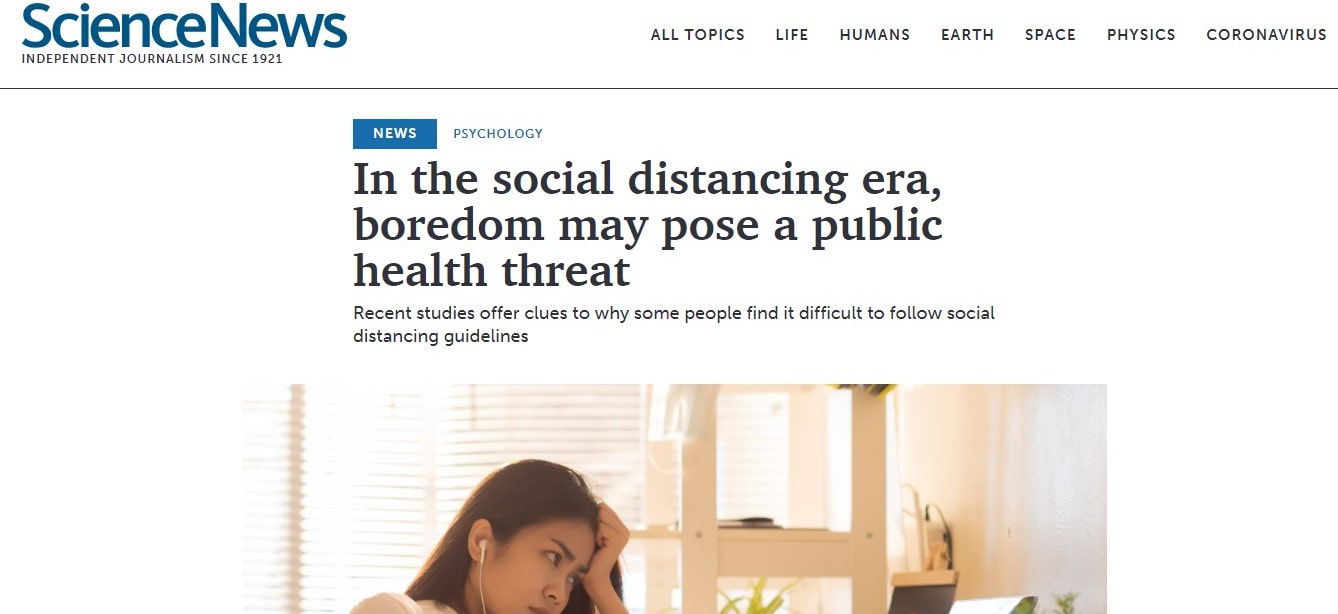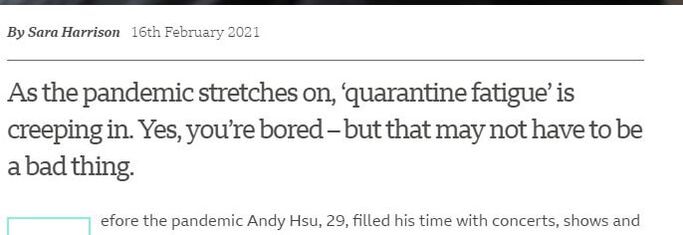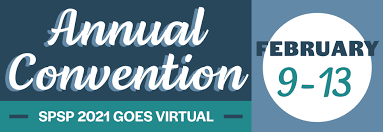|
Dr. Erin Westgate had the chance to give some insights on boredom in this article written by Sydney Ember.
This article discusses the impact of boredom during the pandemic on the U.S economy. From home investments to stock markets, people have been looking for ways to be more engaged and stimulated, all in an effort to reduce their boredom. As Dr. Westgate says, "Feeling bored may result in different kinds of behaviors, like increasing novelty seeking and increasing reward sensitivity". Check the article out for more information!
|
ABOUT USRECENT NEWS FROM THE FLORIDA SOCIAL COGNITION AND EMOTION LAB Archives
October 2022
|





 RSS Feed
RSS Feed